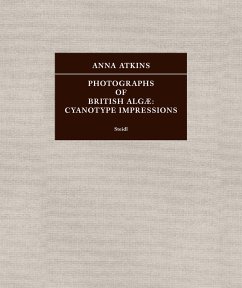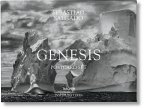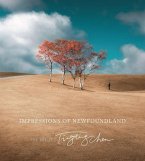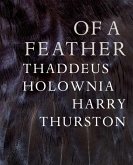Shortly after William Henry Fox Talbot announced his invention of photography in 1839, the dedicated amateur botanist Anna Atkins, daughter of a prominent British scientist, began to experiment with the new medium. In 1843 she turned to her friend Sir John Herschel's recently discovered cyanotype process to publish her growing collection of native seaweeds-a daring way to introduce photography into book illustration. At regular intervals over the next decade, Atkins printed and issued these bracingly modern, deeply-hued photograms to her "botanical friends" in the form of hand-stitched fascicles of a book she entitled Photographs of British Algæ: Cyanotype Impressions. The first book to be illustrated by photography and the earliest sustained application of photography to science, British Algæ is a landmark in the histories of publishing and photography. Of the nearly two dozen substantially complete or partial copies known to exist, each is distinct in its appearance and often in its number and arrangement of plates. The set of 13 parts she gave to Sir John Herschel-now in the Spencer Collection of The New York Public Library-is especially important and was carefully preserved by generations of the Herschel family exactly as Sir John received it. This sumptuous facsimile edition reproduces the recto and verso of each plate, presenting the work as its creator intended: as bound volumes to lingered over, studied and admired, page by extraordinary page. Co-published with The New York Public Library
Hinweis: Dieser Artikel kann nur an eine deutsche Lieferadresse ausgeliefert werden.
Hinweis: Dieser Artikel kann nur an eine deutsche Lieferadresse ausgeliefert werden.








